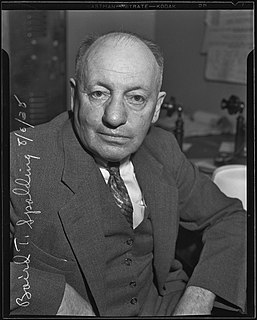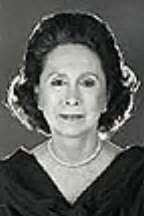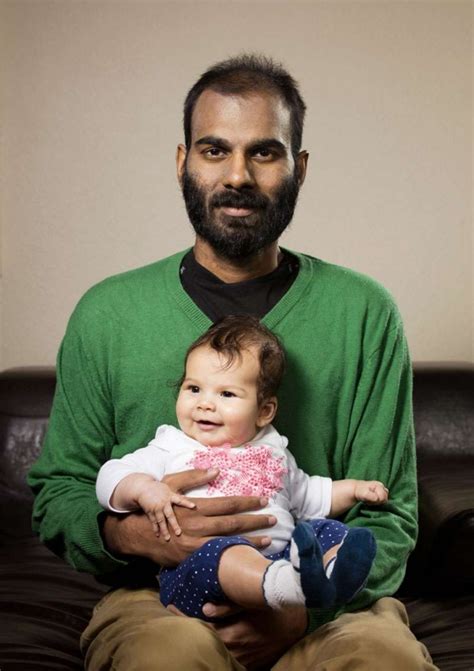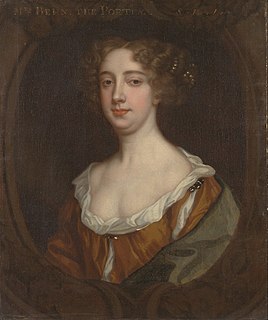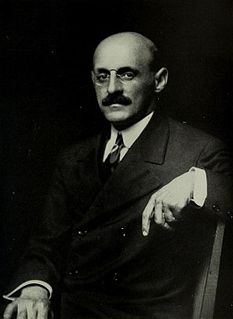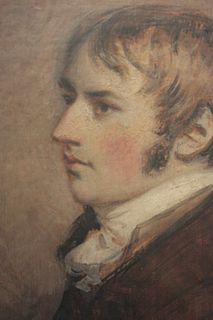A Quote by Edward Gibbon
To the love of pleasure we may therefore ascribe most of the agreeable, to the love of action we may attribute most of the useful and respectable, qualifications. The character in which both the one and the other should be united and harmonised would seem to constitute the most perfect idea of human nature.
Related Quotes
We may conclude, therefore, that, in order to establish laws for the regulation of property, we must be acquainted with the nature and situation of man; must reject appearances, which may be false, though specious; and must search for those rules, which are, on the whole, most useful and beneficial.
It is a governing principle of nature, that the agency which can produce most good, when perverted from its proper aim, is most productive of evil. It behooves the well-intentioned, therefore, vigorously to watch the tendency of even their most highly prized institutions, since that which was established in the interests of the right, may so easily become the agent of the wrong.
The greatest attribute of God is Love. The Tree of Life is located in the very depth of our soul. The most perfect and abundant fruit that grows and ripens is Life giving Love; it is the great healing force in the world. Love never fails to meet every demand of the human heart. The Divine principal of Love may be used to eliminate every sorrow, infirmity, in-harmony, ignorance and all mistakes of mankind. Love is God; eternal, limitless, changeless, infinite. It is the pulse of the world, the heartbeat of the Universe.
It is easy to speak words of love, or to meditate lovingly upon those people with whom you are in harmony. But it is those people who seem most difficult, who may even seem hostile, that need your radiation of love most. Their very hostility is but their soul's cry for loving recognition. When you generate sufficient love to them, the discord will fade away.
There are two very natural propensities which we may distinguish in the most virtuous and liberal dispositions, the love of pleasure and the love of action. If the former is refined by art and learning, improved by the charms of social intercourse, and corrected by a just regard to economy, to health, and to reputation, it is productive of the greatest part of the happiness of private life.
I believe that You, O Jesus, are in the most holy Sacrament. I love You and desire You. Come into my heart. I embrace You. Oh, never leave me. May the burning and most sweet power of Your love, O Lord Jesus Christ, I beseech You, absorb my mind that I may die through love of Your love, Who were graciously pleased to die through love of my love.
Curiosity, which may or may not eventuate in something useful, is probably the most outstanding characteristic of modern thinking ... Institutions of learning should be devoted to the cultivation of curiosity, and the less they are deflected by the consideration of immediacy of application, the more likely they are to contribute not only to human welfare, but to the equally important satisfaction of intellectual interest, which may indeed be said to have become the ruling passion of intellectual life in modern times.
He [the artist] ought to have 'these powerful organs of expression' - colour and chiaroscuro - entirely at his command, that he may use them in every possible form, as well as that he may do with the most perfect freedom; therefore, whether he wishes to make the subject of a joyous, solemn, or meditative character, by flinging over it the cheerful aspect which the sun bestows, by a proper disposition of shade, or by the appearances that beautify its arising or its setting, a true "General Effect" should never be lost sight of.
The sincere love of books has nothing to do with cleverness or stupidity any more than any other sincere love. It is a quality of character, a freshness, a power of pleasure, a power of faith. A silly person may delight in reading masterpieces just as a silly person may delight in picking flowers. A fool may be in love with a poet as he may be in love with a woman.
Envy, jealousy, ambition, any kind of greed are passions; love is an action, the practice of human power, which can be practiced only in freedom and never as a result of compulsion.
Love is an activity, not a passive affect; it is a "standing in," not a "falling for." In the most general way, the active character of love can be described by stating that love is primarily giving, not receiving.
Of all the human values, three are most important. The foremost is love of God. Where there is love there is sacrifice. There arises purity of heart. There should be a fusion of love, sacrifice and purity. They are not mere human qualities. They constitute vital organs of a human being. They are as essential for a human being as the head, hands and legs for the body. Without these attributes, no one is a complete human being.





